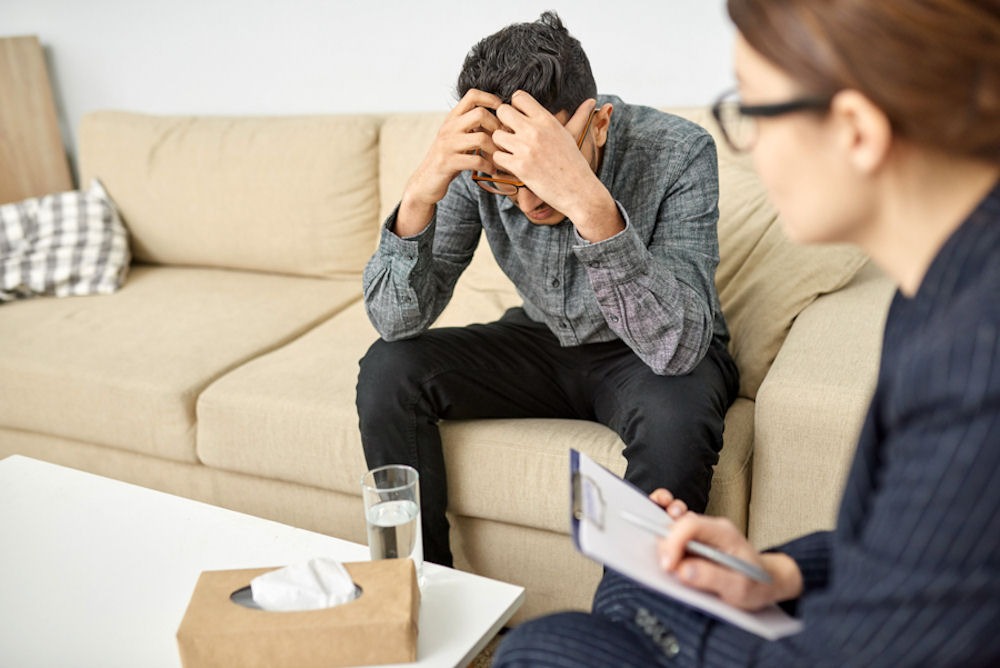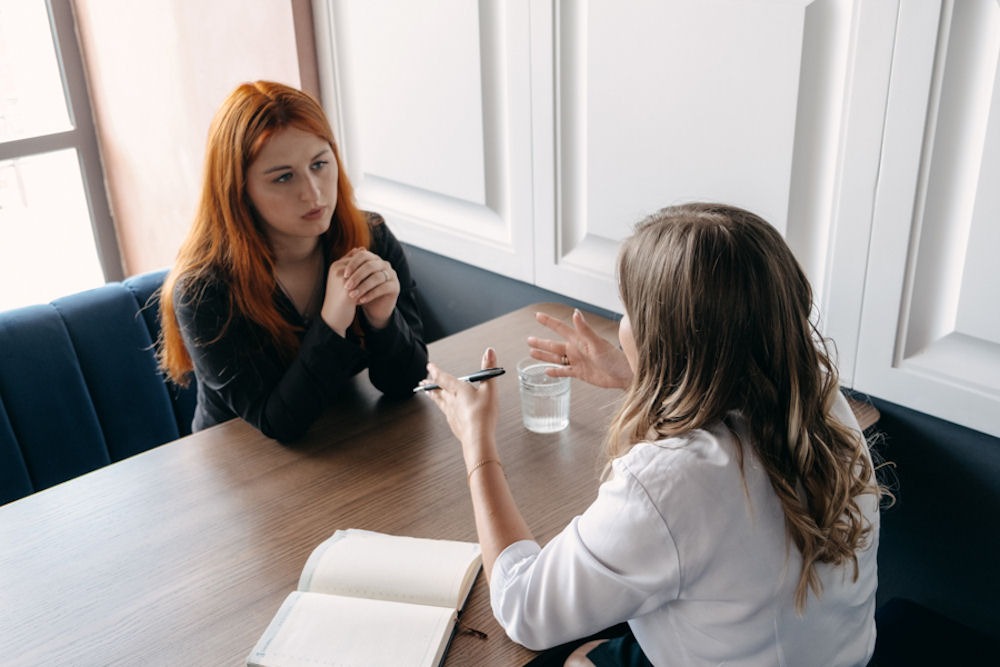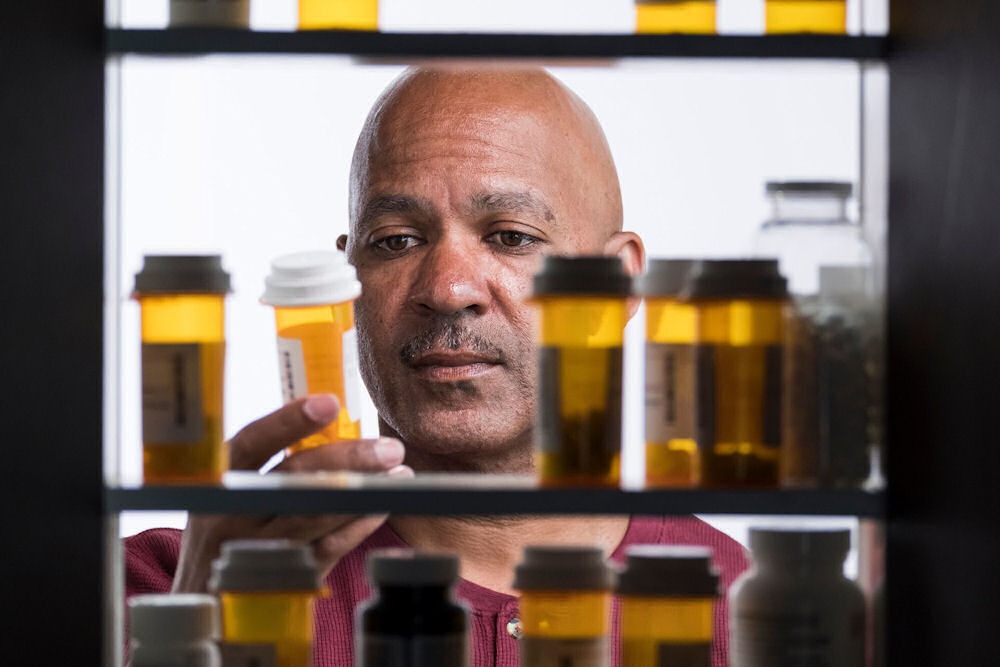Using drugs or alcohol to cope with difficult emotions, confront fears, or alter your mood may provide temporary relief, but it often leads to greater challenges in the long run. Instead of resolving the underlying issue, substance use can create an additional struggle, making recovery even more complex. The good news is that effective support and treatment options are available to help you overcome substance use while addressing the root causes of your distress, empowering you to heal and build a healthier future.
What Does Self-Medicating Mean?
Self-medicating refers to the use of substances or behaviors to cope with stress, anxiety, or other emotional challenges without professional guidance. Many people turn to drugs, alcohol, or even food as a way to alter their mood or relieve distress. For example:
- Smoking marijuana to unwind
- Drinking alcohol before social events to reduce anxiety
- Taking Xanax or Valium to manage sleep difficulties
- Using ADHD medication to enhance focus at work
- Relying on prescription painkillers to numb grief or emotional pain
While these behaviors may provide temporary relief, they do not address the underlying issues and can lead to dependency or worsening mental health over time.
Why Do People Use Drugs or Alcohol To Self-Medicate?
You may be struggling with an undiagnosed condition and using substances as a way to manage specific symptoms or challenges. Even if you are aware of a mental health issue, you may feel uncertain about healthier coping strategies.
Depression
It’s natural to experience moments of sadness, worry, or frustration in response to life’s challenges. However, when feelings of hopelessness, fear, anger, or overwhelming stress begin to interfere with daily life, it may indicate an underlying issue that requires attention. Despite this, many people attempt to cope in the simplest way possible—by taking a pill or having a drink.
Trauma
For some, substance use becomes a way to numb painful memories or unresolved trauma from the past. Others may rely on drugs or alcohol to manage fear-inducing situations or to maintain focus throughout the day. While these coping mechanisms may provide temporary relief, they do not address the root cause and can lead to further emotional and physical distress over time.
Types of Self-Medication
The following are commonly abused substances for self-medicating:
The most common method of self-medication is alcohol. It’s also the most commonly abused substance. It is often used to self-medicate stress, depression, and anxiety, even though alcoholic beverages are all depressants and will make symptoms worse.
Prescription drugs, including opioid painkillers, ADHD medication, and anti-anxiety medications are also easily available. They’re commonly used to numb pain, increase relaxation, or increase focus and energy. Recreational drugs such as cannabis or stimulants like cocaine and amphetamines are often used to manage uncomfortable situations, emotions, and memories.
Emotional eaters often use food to self-medicate unhappy feelings and cope with stress, depression, or anxiety.
What are Signs that You’re Self-Medicating?

It’s not always easy to recognize when you’re self-medicating. After all, drinking alcohol is socially acceptable and prescription drugs can be found in most bathroom medicine cabinets. Recreational drugs like marijuana are legal or easy to access.
To identify if you’re self-medicating, you’ll have to explore your motives for drinking or taking drugs. Also, look at how it’s affecting your life. Are you taking a painkiller because your back hurts or because you had a bad day at work and want to feel better? Are you drinking alcohol to socialize with friends or are you trying to adjust your mood or feel less anxious?
Signs of self-medicating include:
- You turn to alcohol or drugs to cope with stress, anxiety, or depression.
- Once the effects wear off, you feel even worse, leading to a cycle of increased use.
- Self-medicating disrupts sleep, lowers energy, weakens the immune system, and worsens mood over time.
- You need more of the substance to achieve the same relief, as your tolerance increases.
- You feel anxious or worried when you don’t have access to alcohol or drugs.
- Friends and family have expressed concern about your substance use, indicating its impact on both you and those around you.
Why is Self-Medicating with Drugs and Alcohol Dangerous?
Attempting to self-medicate a mental health issue can generate a mass of problems beyond the real risk of becoming addicted to your medication of choice. Self-medicating can also:
- Make your existing symptoms worse or even create new ones.
- Interact with any other prescription medications you’re taking, which will undo their effectiveness or cause nasty side effects.
- Trigger new mental health problems. For a person who’s already at risk for a mental health disorder, heavy drinking or using drugs could lead to the development of new problems. For example, opioid and alcohol use is linked with triggering depression, and marijuana and meth use are associated with psychosis.
- Prevent or delay you from getting help. When you’ve gotten yourself into a routine of self-medicating, it can be difficult to change course and find healthier, more effective ways to deal with your problems.
How to Stop Self-Medicating With Alcohol?
If you’re self-medicating with alcohol, you may have a substance abuse disorder (SUD). A mental health or medical provider can evaluate you to determine whether you do or not. Other steps you can take to help you stop include:
- Attend a support group like Alcoholics Anonymous (AA) or SMART Recovery.
- Find other releases for negative feelings like exercising, journaling, or doing something creative.
- “Urge surfing,” where you imagine yourself riding the wave of a craving for alcohol until the craving subsides, rather than indulging in it.
- Practice good self-care–get enough sleep and eat healthy foods.
- Practice mindfulness to help you become more aware of your feelings and urges.
Healthy Ways to Manage Your Mental Health
It’s easy to believe that you have no power against your mental health issues. But you can always take steps to improve your symptoms and change how you feel. Most people with anxiety, stress, or depression respond well to these self-help tips:
Chatting face-to-face with a friend or family member can be an effective way to calm your nervous system and boost your mood.
Exercise produces powerful changes in the brain that can lift your mood, burn off tension, and stimulate feelings of calm and well-being. It also works as a distraction, allowing you to break out of the cycle of harmful thoughts that often drive mood disorders.
Practicing a relaxation method such as meditation, yoga, or deep breathing can ease stress and leave you calmer, with less stress, and more positive.
Lack of sleep makes anxiety, depression, and stress worse, just as mood disorders and the use of certain substances can make it more difficult to get a good night’s rest. By fostering new daytime and bedtime habits, and staying clean of substances, you can improve how well you sleep at night.
Your mood can be strongly influenced by what you eat. Cutting down on junk food and sugar, eating more fresh fruit and vegetables, and increasing omega-3 fatty acids can increase your energy and improve your point of view.
Drug and Alcohol Rehab in Portland

Have you been using substances as a way to cope with challenges or unwind? Do you have a friend or family member who may be relying on drugs or alcohol just to get through the day? If so, professional help is available at Crestview Recovery in Portland, OR.
Our team of certified and licensed professionals specializes in mental health and addiction treatment. We begin with a comprehensive assessment of your needs and work with you to develop a personalized treatment plan, providing the support and guidance necessary for lasting recovery.
Residential Treatment for addiction in Portland provides a structured, supportive environment where individuals can focus on healing and recovery. These programs offer 24/7 care, evidence-based therapies, and a range of services tailored to address both substance use and underlying mental health conditions. With a combination of medical support, counseling, and holistic approaches, residential treatment helps individuals build a strong foundation for long-term sobriety in a safe and nurturing setting.
If you or your loved one are self-medicating to relieve an underlying mental health condition, it’s known as a Dual Diagnosis. It’s imperative that both conditions are treated simultaneously and we have a program for that.
Contact us today and get on track to achieve your goals.
































